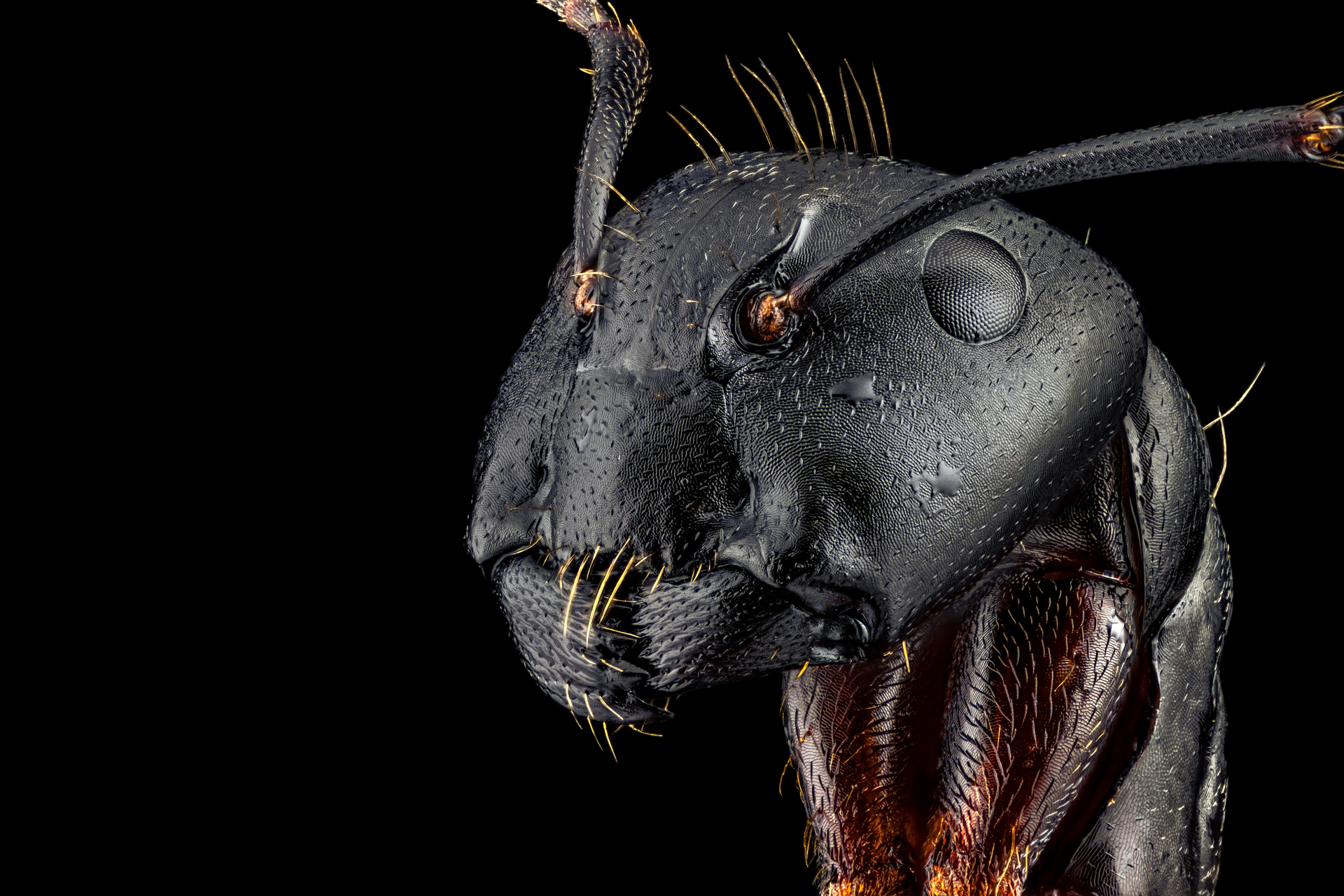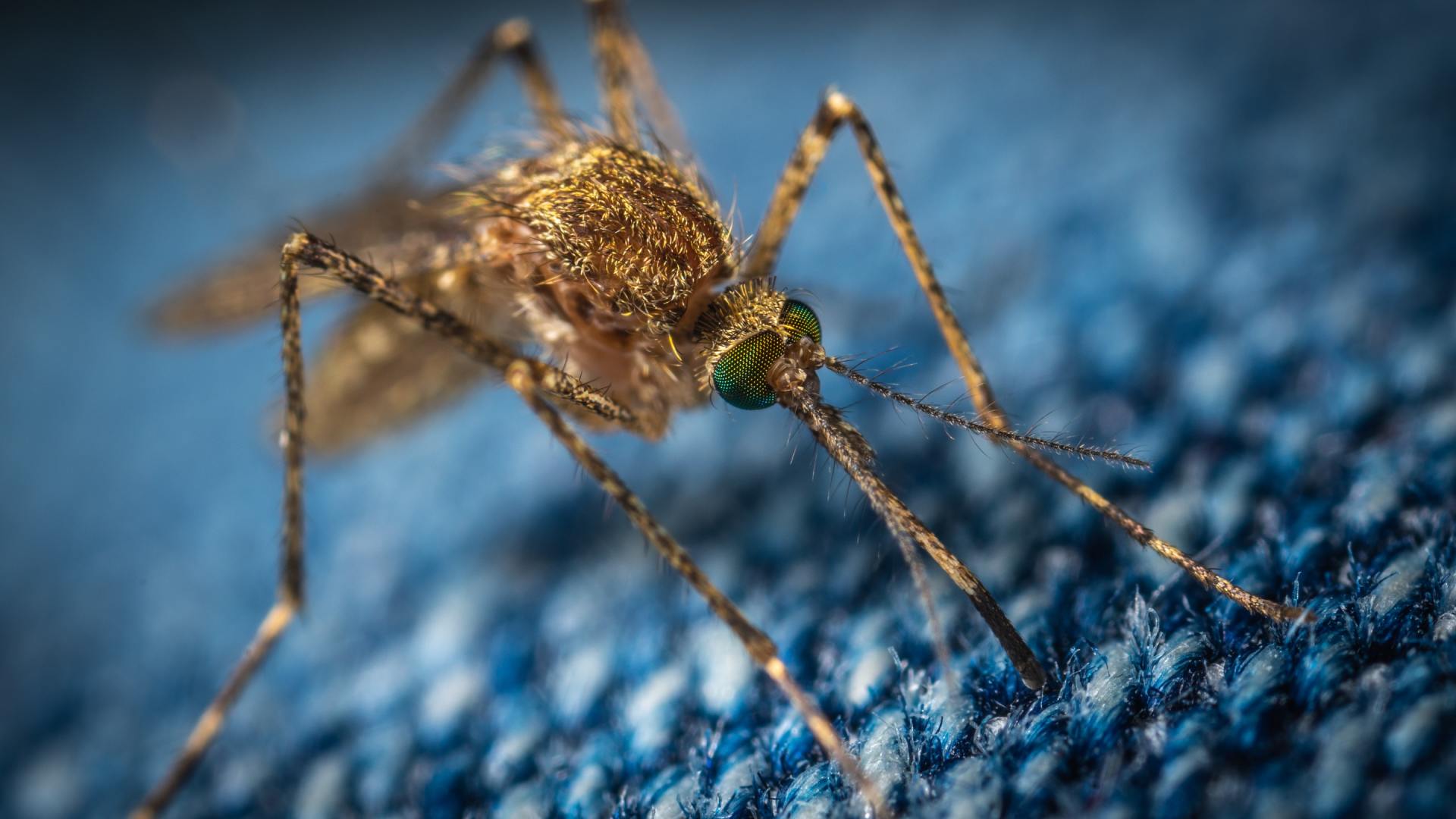Are House Flies Harmless?
July 20, 2019
Flies Are Just A Nuisance. Right? Wrong!
Diseases Flies Can Spread and Carry
One of the most annoying pests around your home is the common fly. It is such a nuisance, always buzzing in your face and hovering over your food. Not to mention, it’s even more challenging to swat and kill. While the fly’s behavior might be frustrating enough, what you should be more concerned with is its disease-carrying abilities.
There are more than 16,000 species of flies in North America. They all belong to the order Diptera, which means “two wings.” Because flies only have two wings, they need to land often. Every time they land, whether it’s on your kitchen counter, in your fruit bowl, or on you, flies deposit thousands of harmful bacteria that can spread disease.
How Do Flies Spread Disease?
Flies quickly spread diseases because they land on and feed off of undesirable things such as feces and rotting trash. From there, they pick up disease-causing bacteria. The bacteria adhere to the legs and wings of the fly and becomes a significant route of transmission for disease. According to the World Health Organization (WHO), transmission then takes place when flies land on people or their food.
Another reason that flies spread bacteria is they often vomit up and defecate where they land and feed. While inside a home, this occurs most often in the kitchen, where food is being prepared or is left out.
What Diseases Do Flies Spread?
It is believed that flies can transmit at least 65 illnesses that infect people. Some of the most common diseases they may spread include food poisoning, dysentery, and diarrhea. Other diseases that flies are known to spread include cholera and typhoid. They can also cause eye infections and skin infections such as yaws, cutaneous diphtheria, and leprosy.
A study
from Penn State University’s Department of Entomology has discovered another germ that flies can transmit. They found that the bacteria Helicobacter Pylori can be spread by flies. When H. Pylori germs enter your body, they can live in your digestive tract for years, causing ulcers in your stomach or the upper part of your small intestine. For some, this can lead to stomach cancer.
How Do You Control Flies and the Spread of Disease?
Another interesting finding from Penn State University’s study is that flies in the city carry more pathogens than flies in rural areas. This makes it critical that your home in the city is free from flies and their spread of disease.
One way to stop the transmission of bacteria by flies is to deter their activity and keep things as clean as possible. Clean sink drains and empty and clean out all trash bins, for example. Make sure that all window and door screens are also intact.
If you have a fly infestation or are concerned about controlling their population, you should contact an expert in pest control. Call the professionals at Cook’s Pest Management for a free estimate. For thorough pest control, we are the ones to trust.






